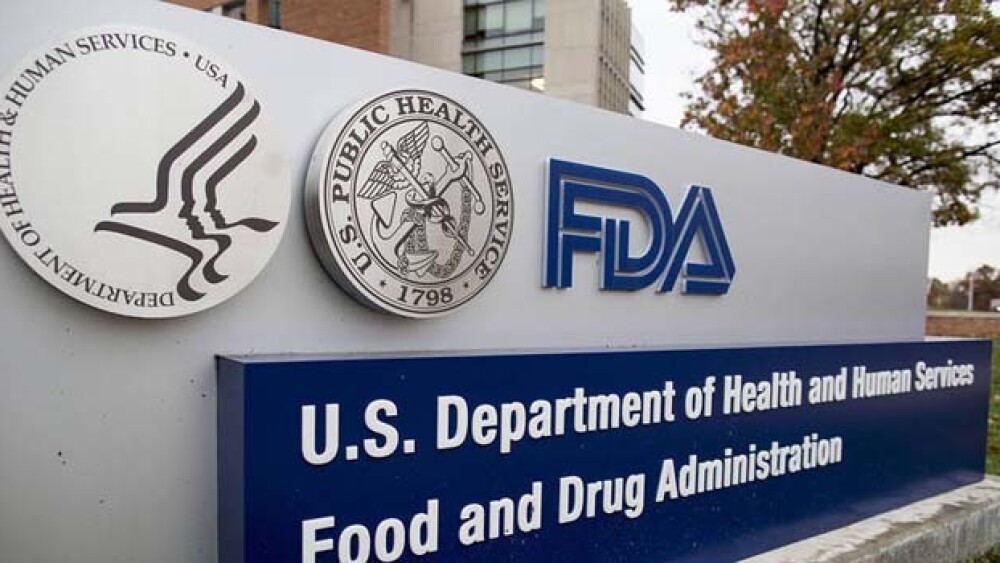Concerns regarding favoritism to a former commissioner have forced the U.S. Food and Drug Administration to reverse course over a $4.2 million grant to Duke University.
Concerns regarding favoritism to a former commissioner have forced the U.S. Food and Drug Administration (FDA) to reverse course over a $4.2 million grant to Duke University.
The grant was headed for a policy center at Duke University headed by Mark McClellan, a former FDA Commissioner and current board member for Johnson & Johnson. The Washington Post reported that the grant was posted in April and only Duke’s Robert J. Margolis Center for Health Policy was eligible to apply. The grant was being made to “help advance regulatory science to promote the increased availability of safe and effective drugs to the public,” the Post reported, citing the grant application.
“The primary objective of this effort is to provide supporting research, identify key issues, and convene appropriate subject matter experts to help inform major initiatives for process improvement and regulatory science related to FDA commitments under the 2018 reauthorization of the Prescription Drug User Fee Act (PDUFA VI) and the 21st Century Cures Act legislation,” the application reads.
Deeper into the application the language reads the “FDA is, therefore, seeking to establish a cooperative agreement with Duke University for its unique qualifications and experience in the conduct of the needed research, workshops and other meetings, and related work.”
As the grant was being considered there were concerns raised about the no-bid proposal. Why, these healthcare experts wondered, was the Duke center the only qualified entity for the proposal, according to the Post? McClellan’s position as a paid member of the Johnson & Johnson board of directors also piqued concerns due to the pharma giant’s own business of guiding its medications through the regulatory process. The Post noted that McClellan failed to disclose his relationship with Johnson & Johnson “in his biography or in the white paper published from FDA-supported meetings in 2016 and 2017.”
McClellan served as FDA Commissioner during the administration of President George W. Bush. Current FDA Commissioner Scott Gottlieb served as McClellan’s advisor. Politico noted that McClellan and Gottlieb still maintain a close working relationship, which strengthens the concerns over favoritism. This is not the first time that a McClellan-led organization has received a no-bid grant from the FDA. The post noted a similar grant was given to the Bookings Institution’s Engelberg Center for Health Care Reform.
McClellan defended himself.
“My work and the work of the faculty and staff affiliated with the Duke-Margolis Center speaks for itself, and complies with Duke’s well-established policies intended to address any issues related to conflict of interest,” he said in a statement sent to the Post.
After the outcry about the Duke University grant, the FDA reversed course this week noting that it learned of other organizations that “can submit competitive proposals,” Politico said. The FDA is expected to post a new grant application on its website.





